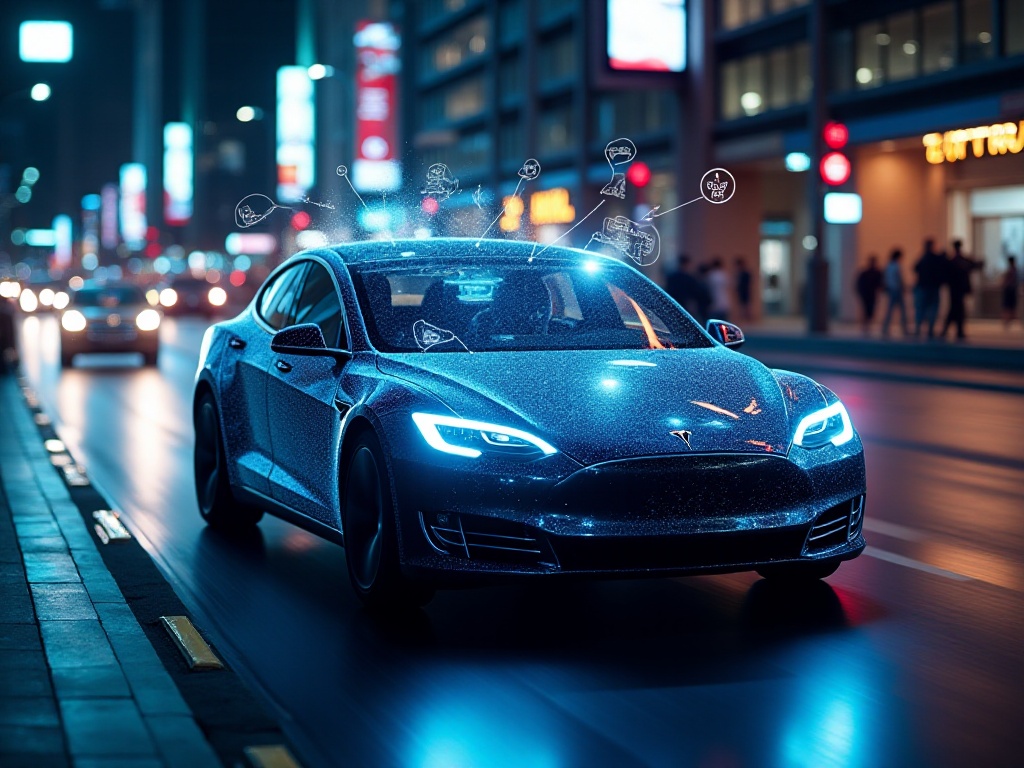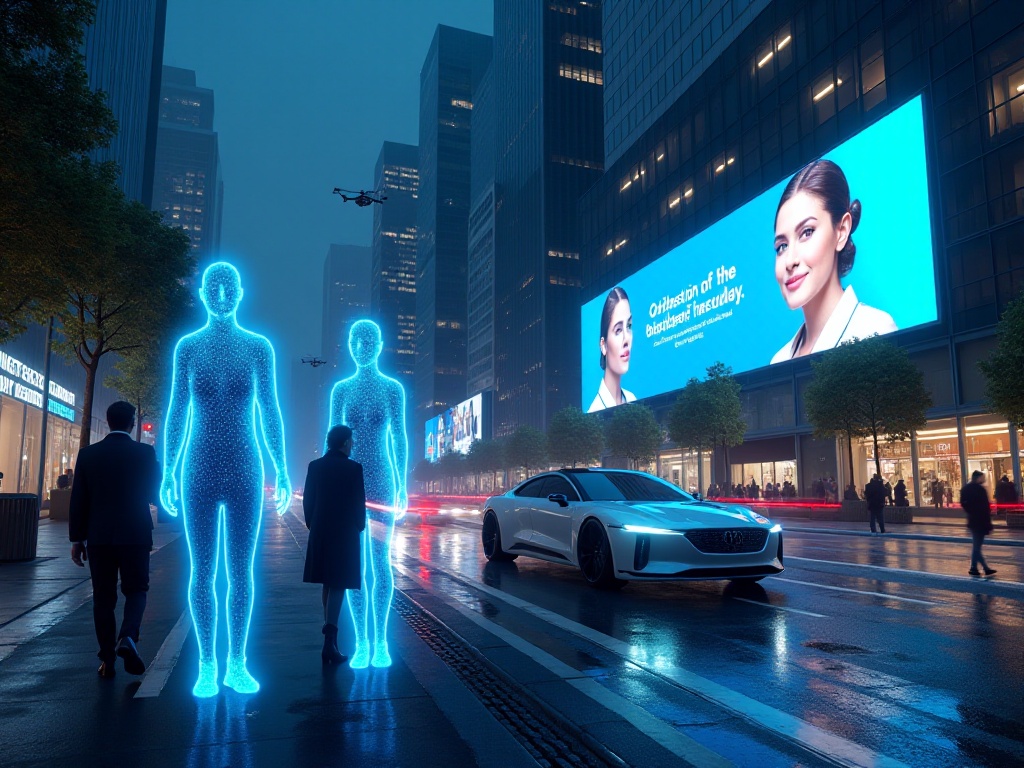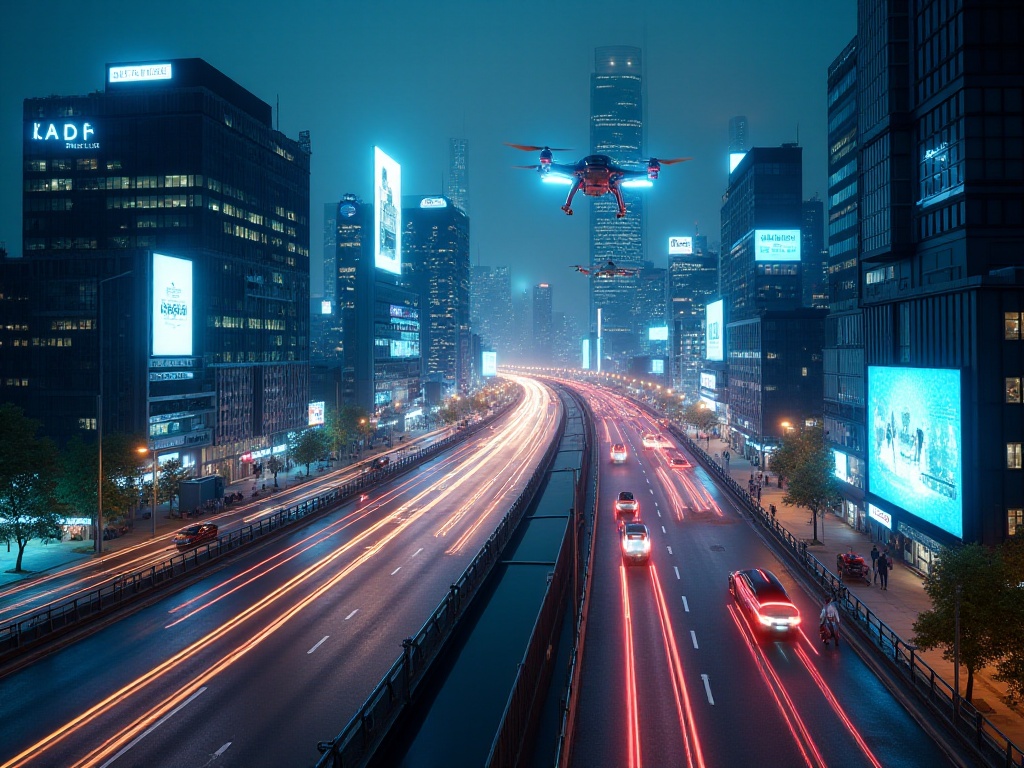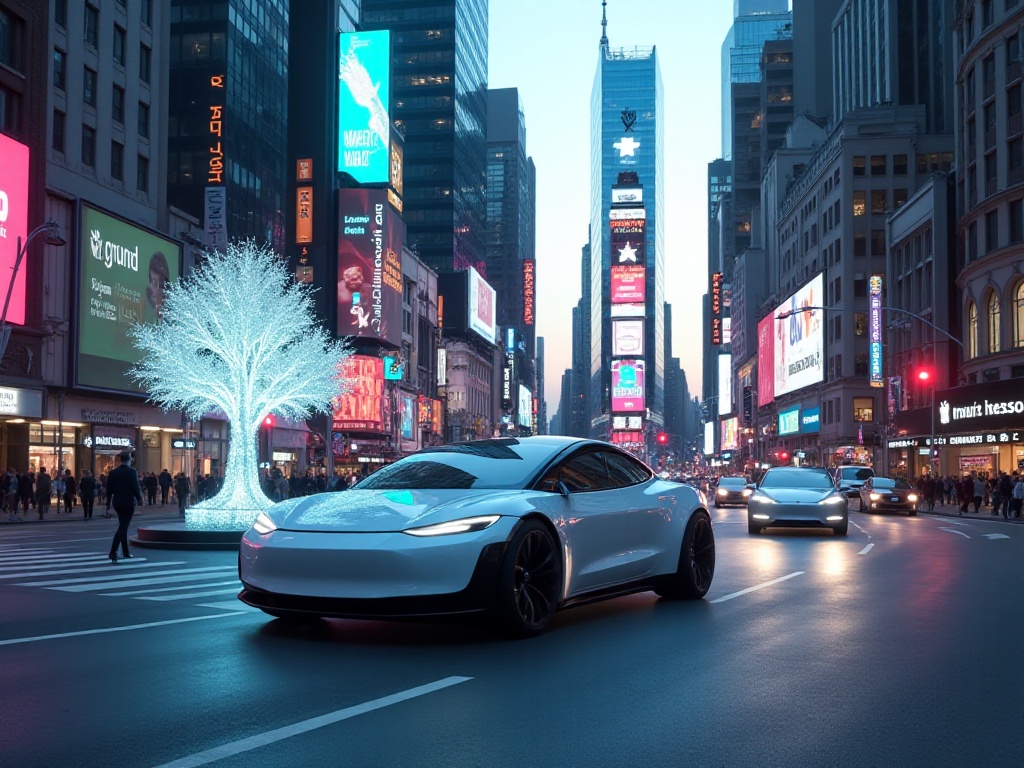Introduction
Think about it - AI's presence is truly everywhere in our lives today. Instead of the traditional "ring ring" alarm clock, I now wake up to the gentle "good morning" from my smart speaker. Before heading to work, I casually open my phone's navigation, which has already planned the optimal route and provides real-time traffic updates. When I return home in the evening, my robot vacuum has already cleaned the room spotless, leaving the floors gleaming. It makes me realize how AI has seamlessly integrated into our daily lives, becoming our most attentive life assistant.
The other day while chatting with friends, we all spontaneously remarked: technology is developing so rapidly now. I remember watching sci-fi movies as a child, thinking those scenes of smart robots and self-driving vehicles were far out of reach. But looking back now, many of those once-fictional scenarios have become reality. AI is like an omnipresent magic that makes our lives more convenient and intelligent.
Smart Home
I still vividly remember my first experience with a smart speaker at a friend's house. With a curious attitude, I said to Alexa: "Play Jay Chou's songs." To my surprise, it immediately started playing "Qi Li Xiang" with excellent sound quality. At that moment, I truly felt the charm of technology. Now the smart speaker at home has become my helpful assistant, not only playing music but also controlling various smart appliances - it's like having a thoughtful butler.
Speaking of smart homes, the Nest smart thermostat is definitely a life-changing device. Unlike traditional thermostats, it has powerful learning capabilities. By analyzing your daily routines, it can automatically adjust your home's temperature. For instance, it knows I go to bed at 11 PM and adjusts the bedroom temperature to the most comfortable level 10 minutes in advance. In winter, it turns on the heating before you arrive home, so you feel warm as soon as you enter.
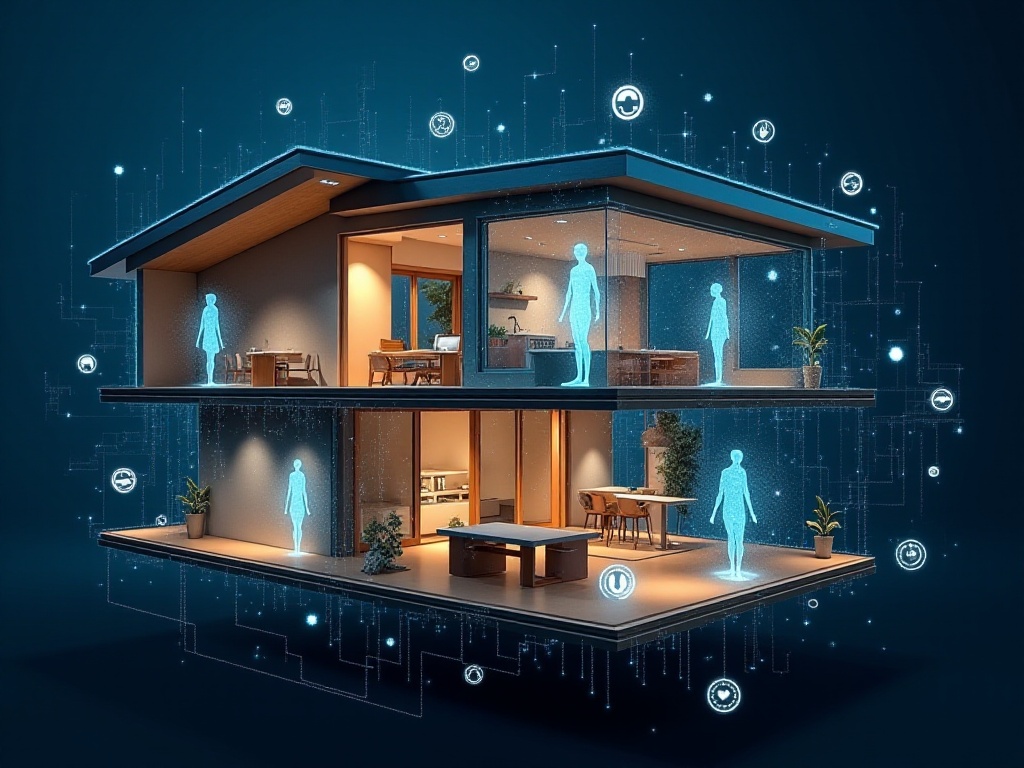
Mobile Applications
Smartphones are probably the devices where we interact with AI the most daily. Today's input methods are incredibly intelligent, not only auto-correcting but also predicting what you want to say based on context. Sometimes I only type a few characters, and it can guess the complete sentence I want to express, with impressive accuracy. This smart prediction feature makes typing both fast and accurate, especially useful when in a hurry.
The progress in facial recognition technology has also impressed me. When I got my new phone last year, I was initially concerned about the security of Face ID. But after learning about how it works, I found this technology quite reliable. It captures over 30,000 facial feature points using 3D modeling technology, accurately distinguishing even between twins. Plus, it can adapt to your changes - wearing glasses or makeup doesn't affect recognition.

Education Field
As a content creator who frequently interacts with students, I pay special attention to AI applications in education. Gradescope is truly a blessing for teachers. It not only automatically grades papers but also analyzes each student's answer patterns to identify knowledge gaps. Data shows that Gradescope can save teachers 60% of grading time, which can be used for lesson preparation and student tutoring.
Moreover, Gradescope's analysis capabilities are particularly powerful. It can generate detailed grade analysis reports to help teachers understand the overall learning situation of the class. For example, it clearly shows which questions have higher error rates and which knowledge points need reinforcement. This allows teachers to adjust their teaching plans accordingly and improve teaching effectiveness.

Business Applications
In terms of business applications, e-commerce platforms' recommendation systems are exemplary AI applications. Every time I open Taobao, the recommended products on the homepage always match my taste perfectly - this is complex AI algorithms at work. They analyze users' browsing history, purchase records, favorites, and other data to accurately predict shopping needs. Statistics show that personalized recommendations can increase e-commerce platform sales by over 30%.
Smart customer service is also a very successful business application. Many companies now use AI customer service, which can handle over 80% of common inquiries. For example, they can quickly and accurately respond to order status queries, return and exchange consultations, and product introductions. More impressively, these AI customer service systems can work 24/7, greatly improving customer satisfaction.
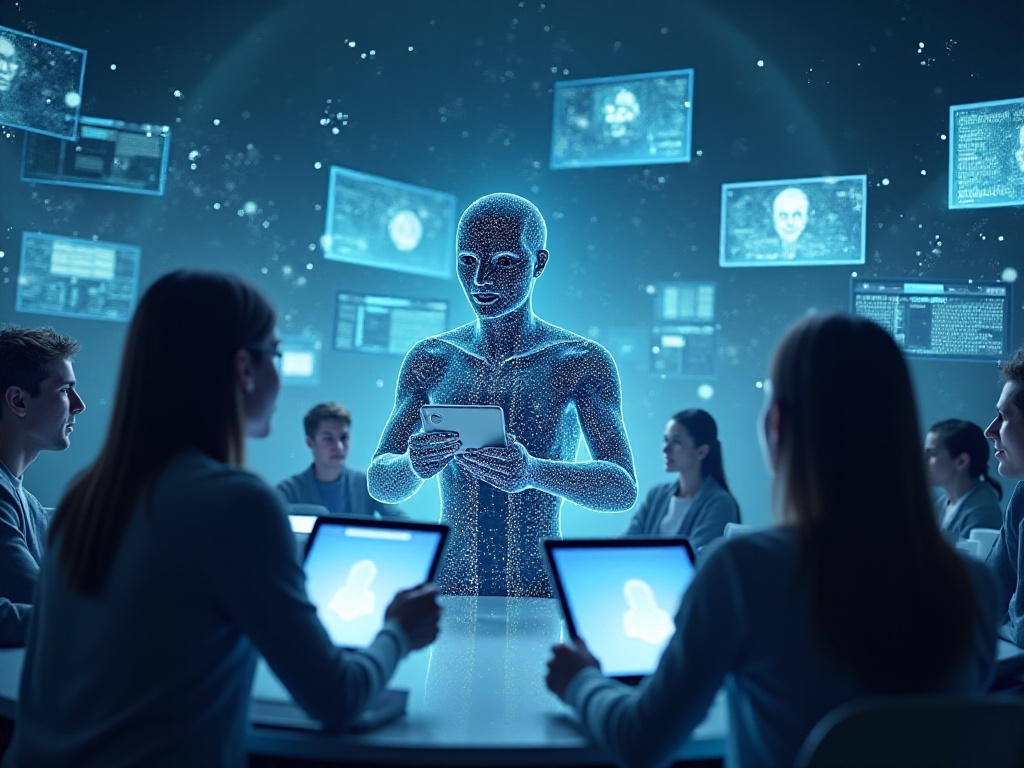
Future Outlook
Looking back at these changes AI has brought to our lives, it's truly amazing to see the magic of technology. But I think this might just be the beginning of AI development. Future AI will become even more intelligent, better at understanding and meeting human needs. For example, in healthcare, AI might help doctors make more precise disease diagnoses and treatment plans. In transportation, the maturation of self-driving technology might completely change how we travel.
However, while enjoying the convenience brought by AI, we also need to consider some issues. For instance, will AI development affect human employment? How should we protect personal privacy? Are AI decisions always reliable? These are questions we need to seriously consider and discuss.
As a young person who loves technology, I'm full of anticipation for AI's future. I believe that with continuous technological advancement, AI will make our lives even better. But at the same time, we should maintain a rational attitude, thinking about how to better utilize and manage this technology while enjoying the convenience it brings.
After saying all this, I'm curious about your views on AI development. What level do you think AI needs to reach to be considered truly "intelligent"? Feel free to share your thoughts in the comments.




